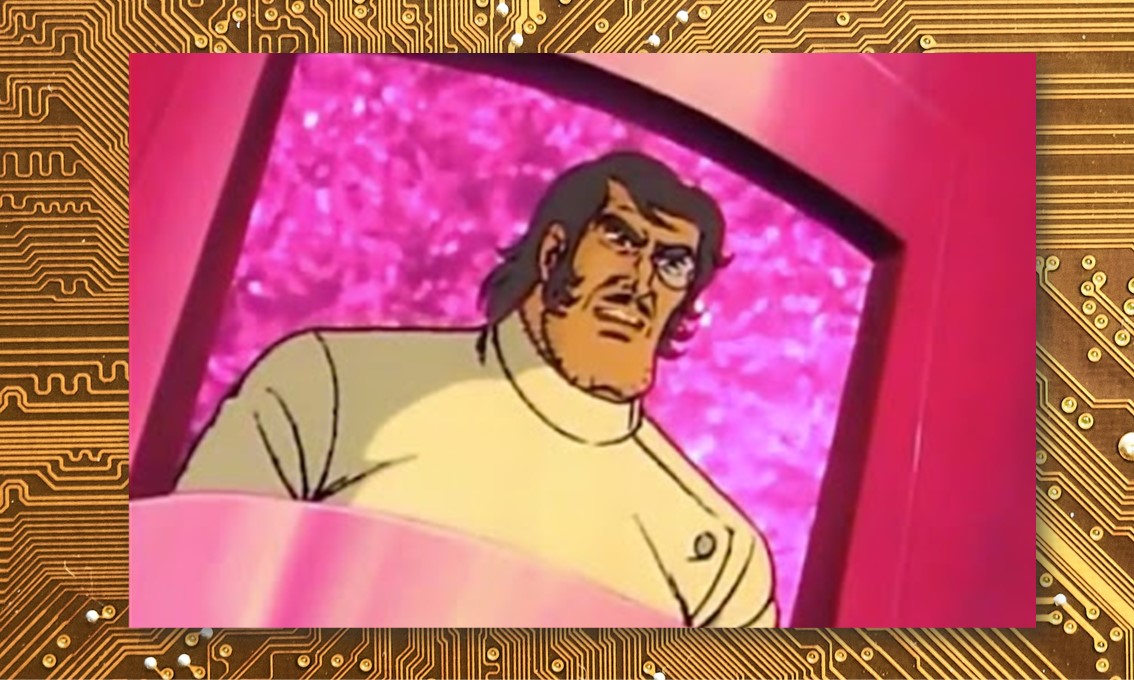
Many of us grew up with Hiroshi Shiba, from Jeeg the steel robot who talked to his late father, Professor Senjiro Shiba, a scientist and archaeologist inside a large computer.
In a dystopian future – but very near – deceased people will be able to talk to the deceased, who will be archived and indexed in a large ” archive of souls *, like a large Wayback machine , but for the deceased.
The digital ” ghost ” scandal has flared up again. In 2020, Kanye West gave Kim Kardashian a hologram of her late father, Rob Kardashian, for her birthday: at the time, this gesture seemed like a futuristic gift reserved only for celebrities.
Now, several years later, the world of artificial intelligence is moving confidently toward a future where these things will be accepted as part of everyday life.
Los Angeles-based startup 2Wai sparked a wave of controversy after launching an app that lets users create interactive digital avatars of deceased relatives . The company quickly made headlines: co-founder Calum Worthy posted a video that went viral on social media within hours.
In this video, a pregnant woman talks on the phone with an artificial incarnation of her deceased mother. The scene then jumps forward ten months: the digital “grandmother” reads a bedtime story to the child. A few years later, the child, now a schoolboy, discusses the route home with her . The final scene shows a grown man informing his virtual relative that she will become a great-grandmother.
The slogan appears on the screen: ” With 2Wai, three minutes can last forever.” Worthy, in the comments, claimed that his company is creating a ” living archive of humanity,” an avatar-based social network. He also posed the project’s main rhetorical question: ” What if the people we’ve lost could be part of our future?”
The app is now available on the App Store. It allows users to create a so-called HoloAvatar , a digital lookalike that, according to the developers, ” looks and talks like you, and shares your memories .” Worthy encouraged users to try the beta version and noted that an Android version will be available later .
Social media users immediately drew parallels to the Black Mirror episode ” Return to Me,” in which a woman creates an AI copy of her deceased partner and gradually loses touch with reality . Many commenters called 2Wai’s video a ” waking nightmare ,” ” demonic technology ,” and even called for such technology to be ” destroyed .”
A scene in which a child forms an emotional bond with a digital version of his grandmother has caused particular tension, raising concerns that such services can distort memory, grief, and the very concept of family relationships.
The project’s supporters, on the other hand, see it as a way to preserve the voices , speech patterns, and personal stories of family members for decades to come. They see technology as an opportunity to pass down memories from generation to generation.
But for now, the debate remains extremely polarized. Some believe these services will usher in a new form of digital memory . Others believe these deepfakes risk blurring the line between memory and simulation, as well as negatively impacting individuals’ mental health.
As the reaction to the video demonstrates, society hasn’t yet decided where to draw the line between digital inheritance and interference with human emotions. But one thing is clear: artificial intelligence is increasingly invading the intimate sphere, and these tools will inevitably raise new psychological and ethical questions for society.
Follow us on Google News to receive daily updates on cybersecurity. Contact us if you would like to report news, insights or content for publication.
